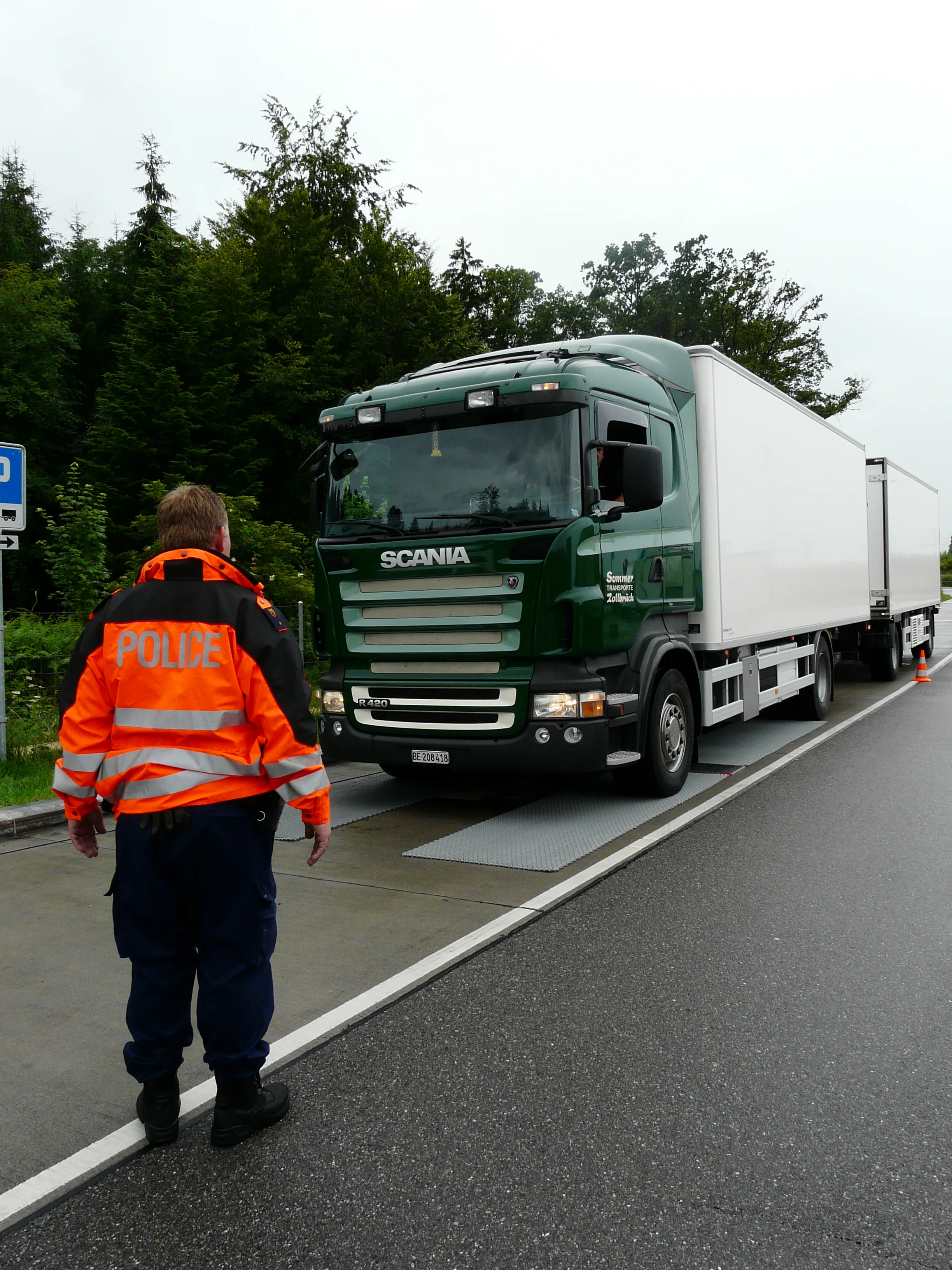Road safety is expected to improve with the opening of the new Route 7 highway in Kosovo. Complete accident details were not available for 2011 but there were 94 fatal accidents and 168 killed on Kosovo's roads between January and September 2011, an increase of 8% over the previous year.
April 25, 2012
Read time: 1 min
Road safety is expected to improve with the opening of the new Route 7 highway in Kosovo. Complete accident details were not available for 2011 but there were 94 fatal accidents and 168 killed on Kosovo’s roads between January and September 2011, an increase of 8% over the previous year. The Transport Ministry’s data also showed that in the January-September 2011 period, 3,405 people needed hospital treatment following a total of 14,041 road accidents. Speeding, alcohol use, defective vehicles, poor driver training and dangerous winter conditions were amongst the major factors causing road accidents. The new highway will reduce the traffic density on the country’s existing two lane route, with its many curves, which will reduce the accident rate significantly. The Transport Ministry will also invest in technologies to address speeding, as well as being tougher on enforcement of road rules.






